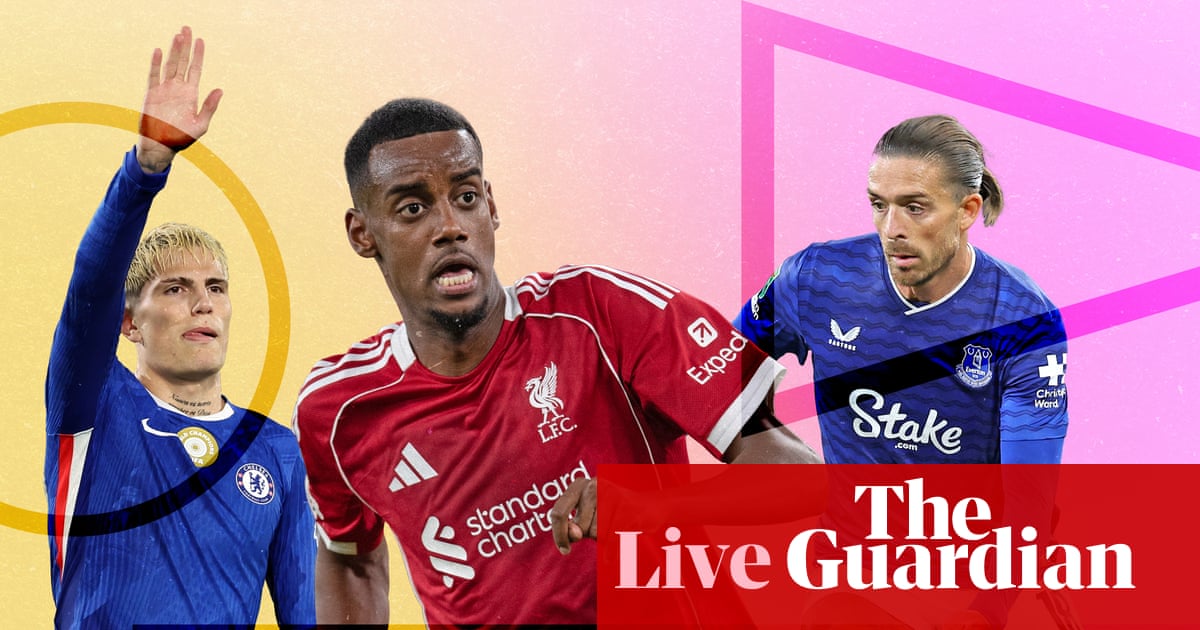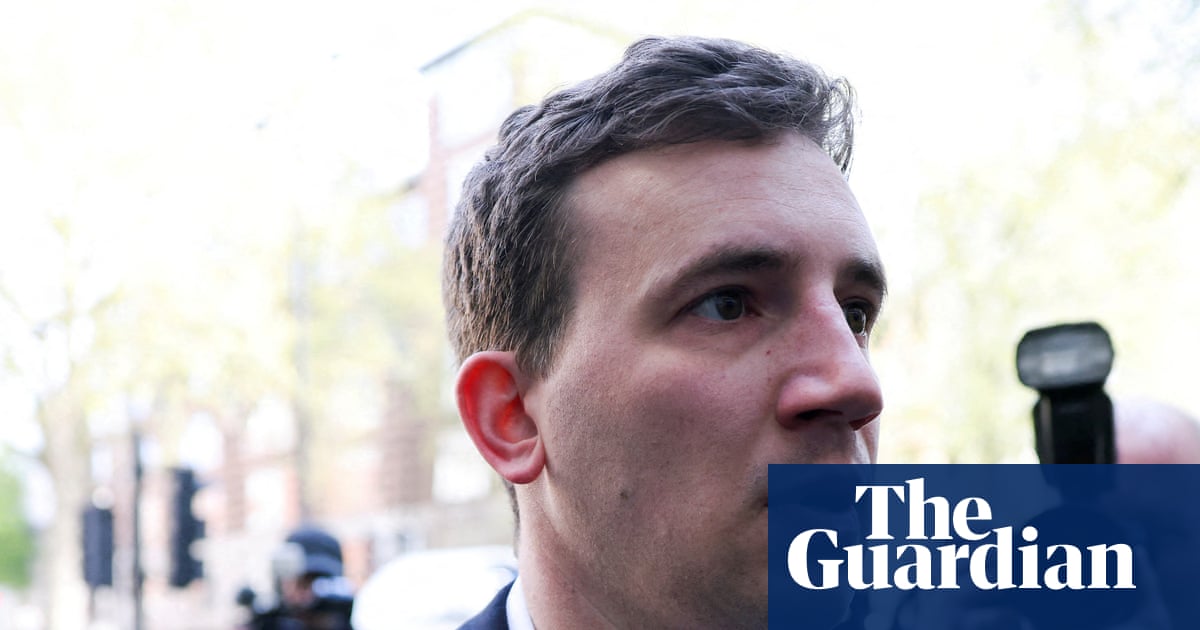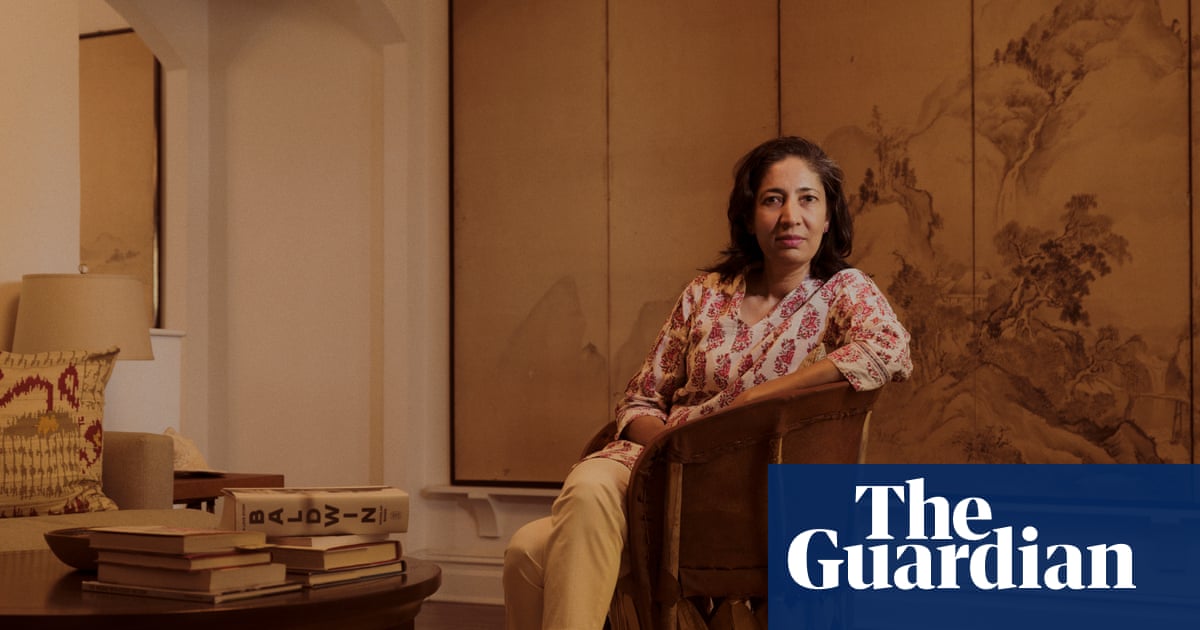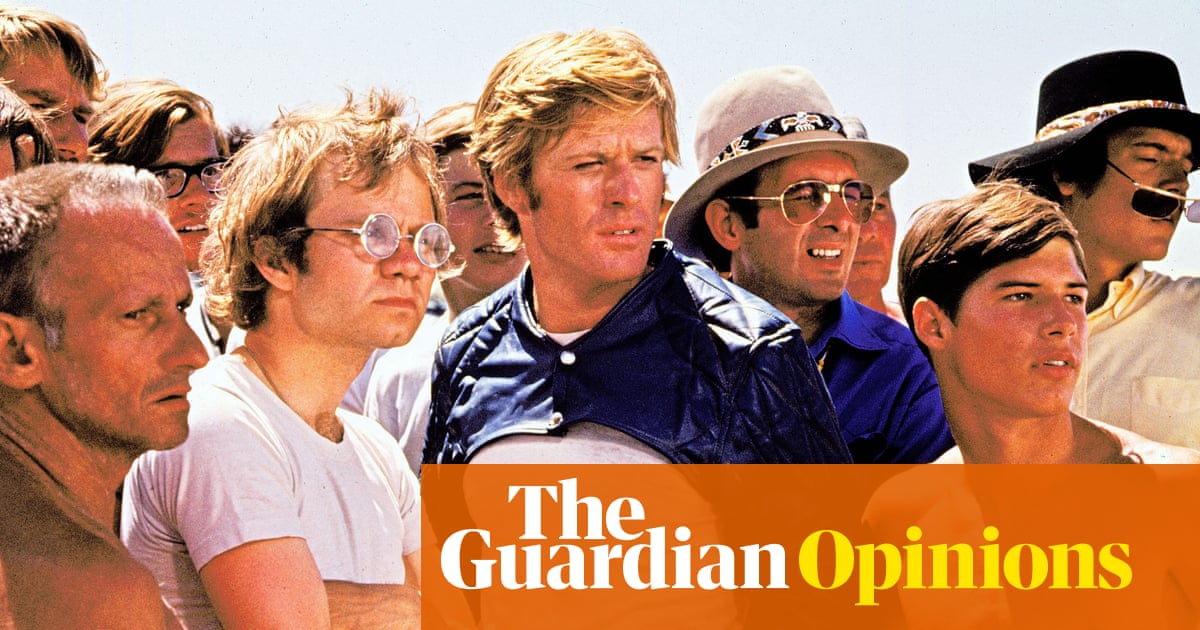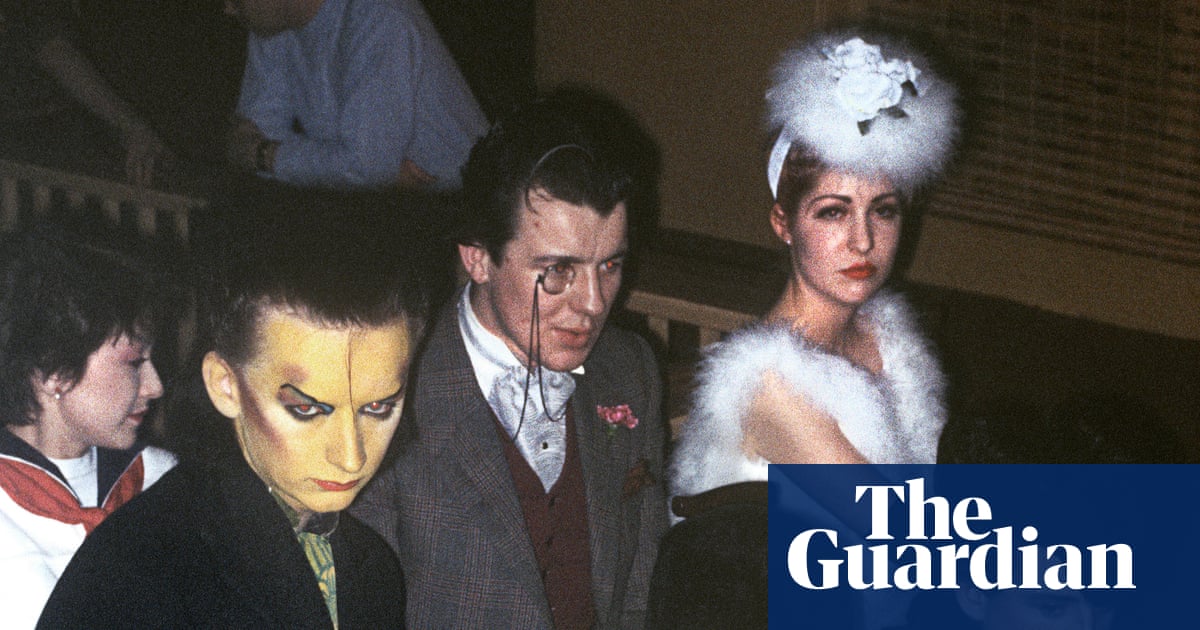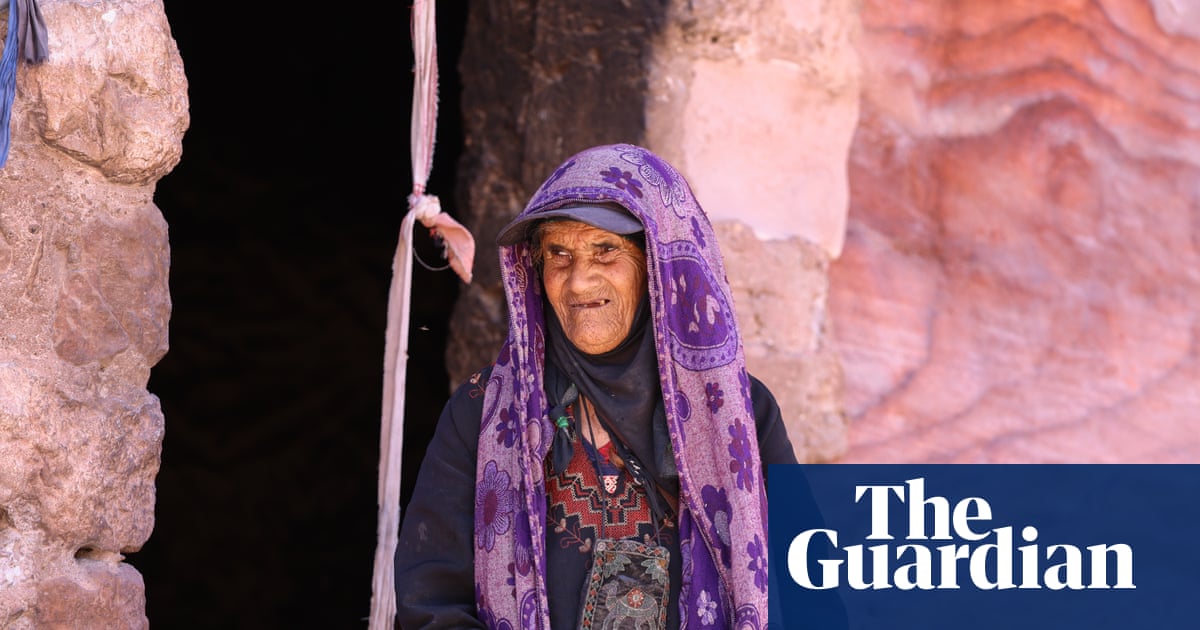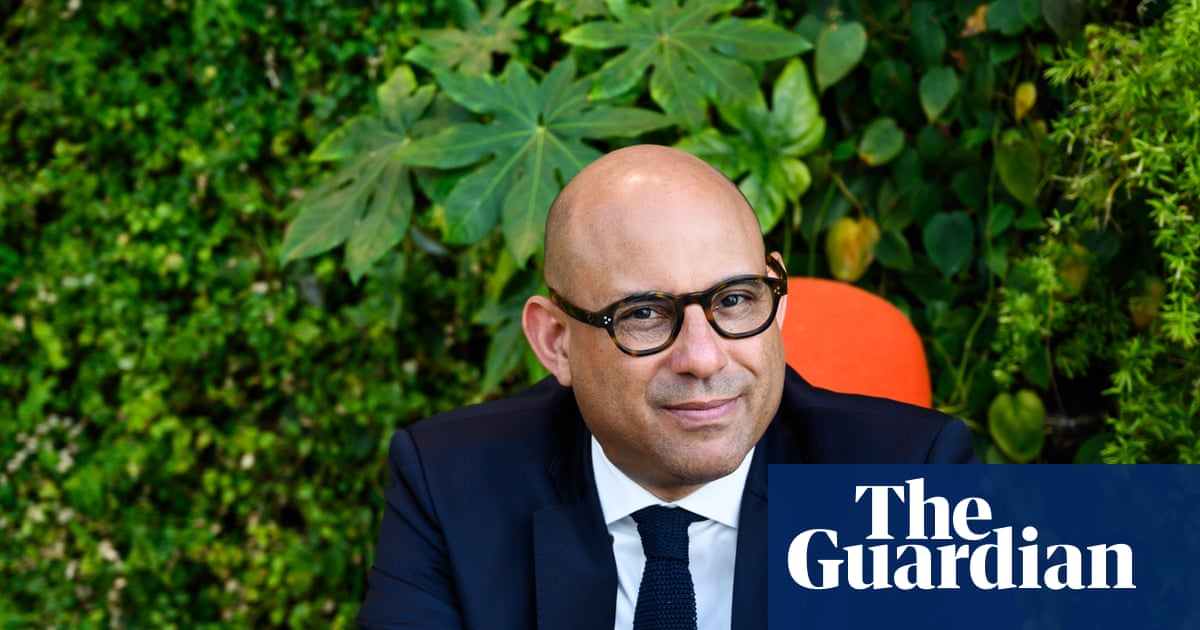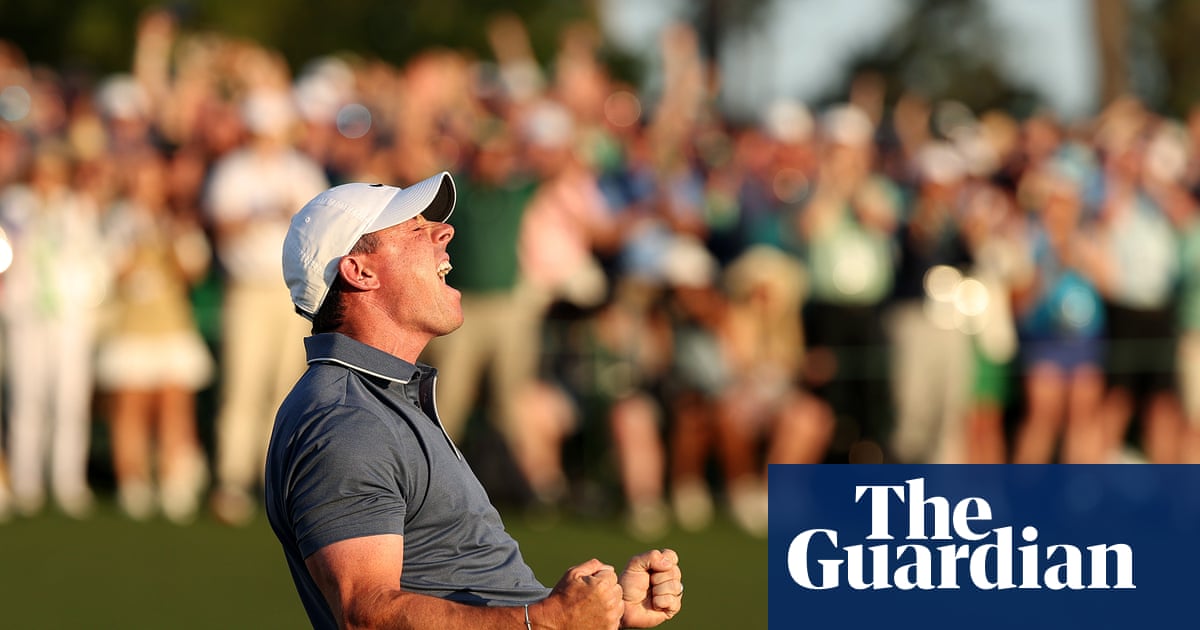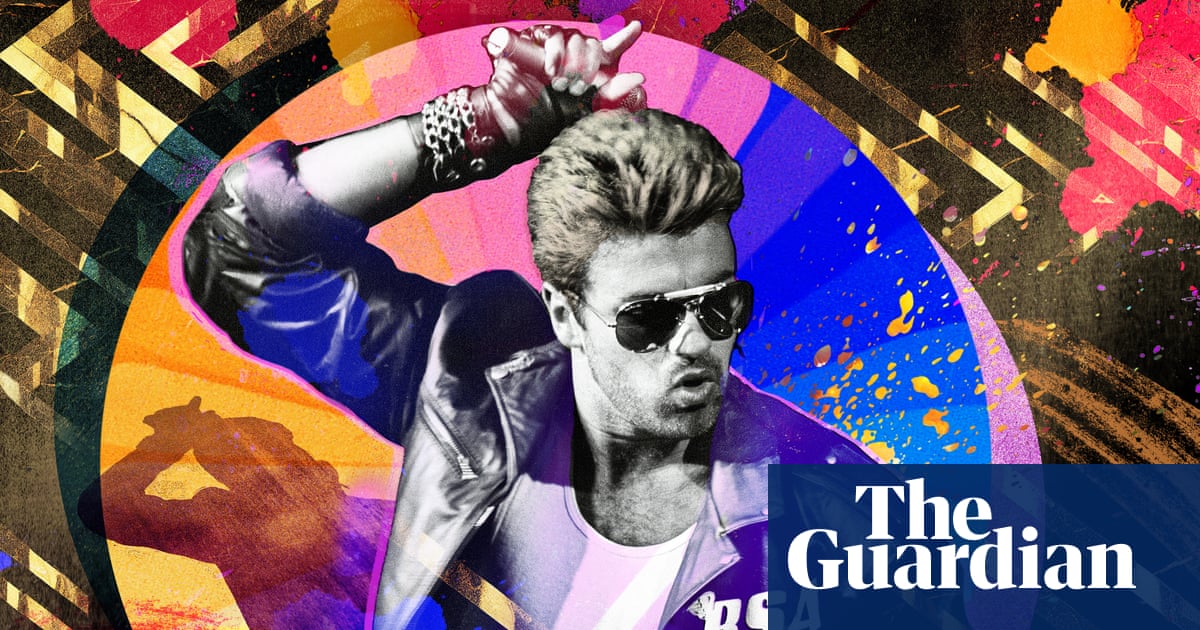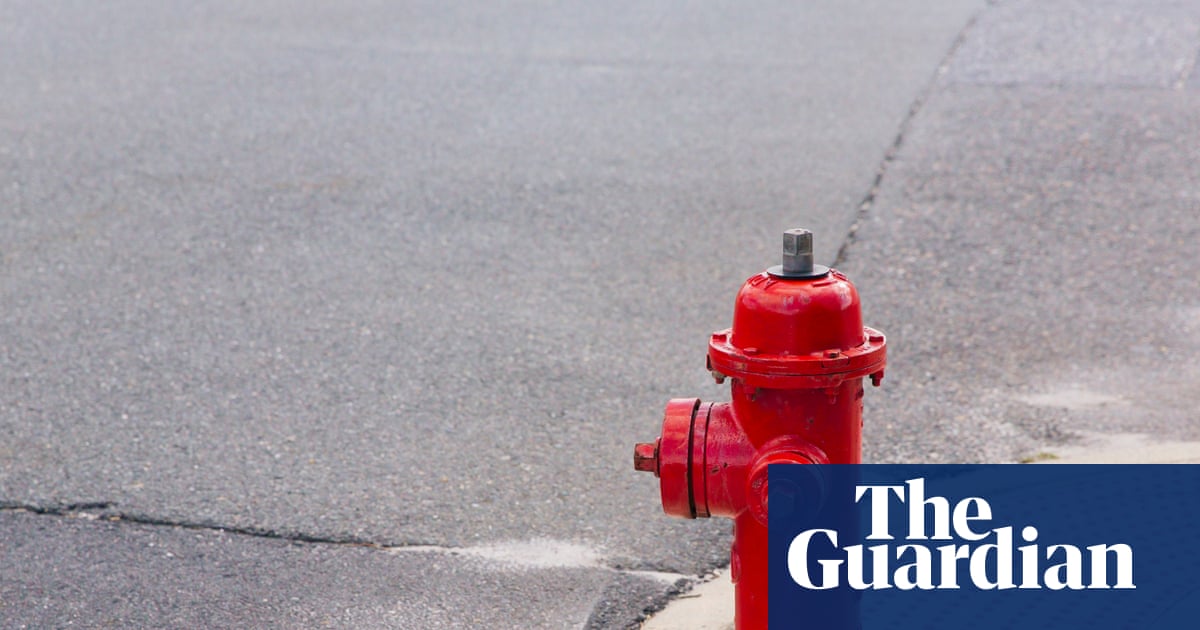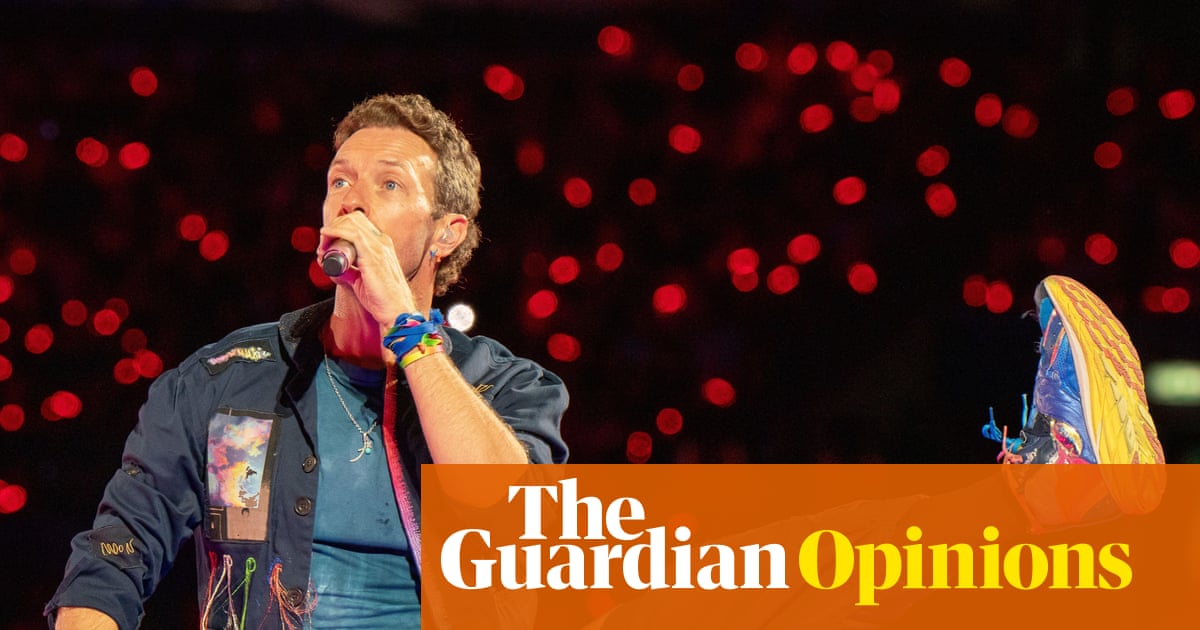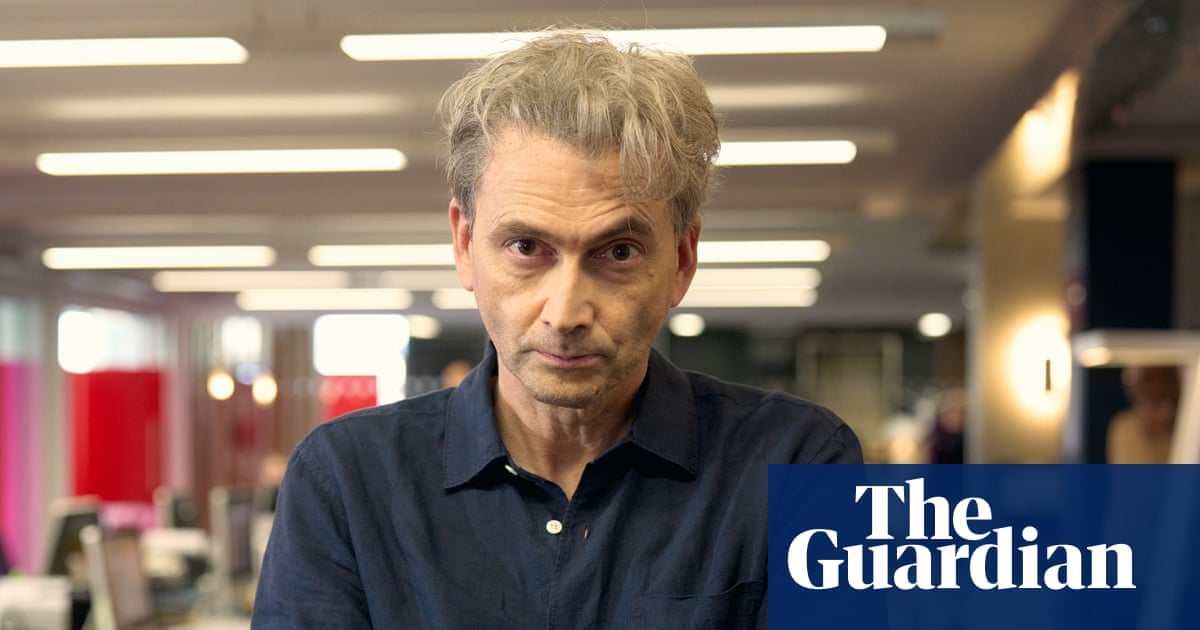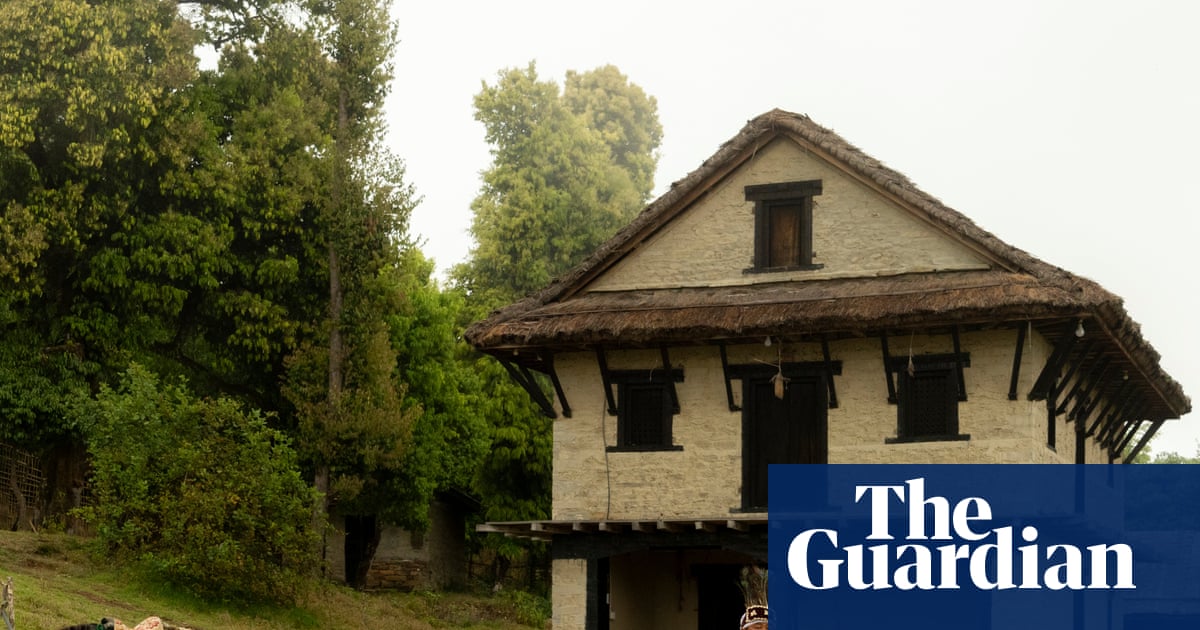When the last rider rolls across the Tour de France finish line in Paris on 27 July it will mark more than the end of the world’s most prestigious bike race. Once Gary Imlach and team have wrapped up, it will conclude four decades of free-to-air Tour coverage for British TV viewers.
While the sport, and the technology used to broadcast it, have transformed since the 1980s, the excellence of the ITV programme (previously on Channel 4) has been constant.
Just as British and Irish interest in the race has cycled through eras – from Sean Kelly to David Millar, to Chris Boardman and later Mark Cavendish, to Team Sky of Wiggins, Froome and Thomas – the on-air cast has naturally evolved. Nick Owen and Richard Keys first presented the highlights: Owen in ’86, Keys in ’87 and ’88. Phil Liggett, for a time, doubled as presenter and commentator, and Liggett and Paul Sherwen were succeeded by the more cerebral – and no less popular – Ned Boulting and Millar on commentary.
In an increasingly fragmented industry, though, Imlach is established as the face of cycling on terrestrial TV, blending journalistic rigour with a drily humorous style, a long way from the banterverse of much contemporary sports coverage. As he nears the finish of his own Grand Tour it seems apposite to ask the question put to countless out-of-breath stage winners down the years. How does he feel?
“There’s a mix of emotions,” Imlach says. “Sad that it’s ending but grateful, too, because you can’t complain after a 35-year run from what I initially thought was a freelance job. There’s also a sort of a determination: we can’t let the fact it’s our last Tour get in the way of doing a good job. Inevitably, I’ve also been thinking about people who are no longer here like [director] Steve Docherty, who shaped the show for so long.”
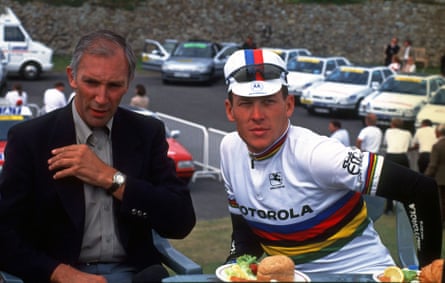
Coolness under pressure is another Imlach attribute; essential when the increasingly fierce French summer heat occasionally causes his iPad to shut down while live on air. How does he describe his approach? “The first principle of covering TV sport is the first principle of medicine: Do no harm. Don’t get in the way of the sport. But if you are going to add something, make sure it’s of value.”
In 1986, Brian Venner, the show’s original executive producer, was tasked with its creation. The core team he assembled has shown remarkable staying power and some of the seasoned crew at Vsquared TV have been involved for decades. A deep well of knowledge, both of the Tour’s unique intricacies and creating daily live coverage and highlights shows, is thus brought to bear.
“Adrian Metcalfe, head of sport for Channel 4, asked me to develop it,” Venner says. “The Tour never had proper coverage in this country. When I worked at the BBC I’d followed a stage and was excited by what I saw, so when Adrian asked me I leapt at the chance.
“We developed various things technically, and things which saved money. We built a truck that had everything: A commentary position in the back, satellite dish on top, the whole thing in one. We even organised a chef. He went out every morning to the markets and came back with lunch.”
Brian’s son James joined in 1992. With Carolyn Viccari, who began as Brian’s assistant and would become executive producer, overseeing complex planning and logistics, James Venner – like Brian an early adopter of new technologies – became a senior producer and remains responsible for the London operation.
What makes the Tour special? “As you get close to it, you realise what an incredibly tough sport it is,” James Venner says. “It’s the incredible scenery, the theatre in which it takes place. And as a challenge in TV, it’s as complex as the Olympics but it moves every day.
“Doing any live TV you’re on the edge, frankly. With this you’re on the edge but you don’t know if all the wiring and glue will hold. Professionally it’s a tremendous challenge and a very satisfying one. From a sporting point of view it’s this immensely hard thing, these brilliant athletes in the most wonderful backdrop.”
TV affects cycling like no other sport. Sponsors want exposure, ensuring all those doomed breakaways, and James Venner explains how the introduction of Eurosport’s pan-European coverage changed the race in the Lance Armstrong era. “The teams could watch as they drove around and Armstrong used to play on that, he’d make it look like he was suffering. The camera would come in and get the big shot of him suffering on the climb. Other teams would say on team radio: ‘Attack now, he’s in trouble!’ Then, of course, he wasn’t in trouble. He’d forced them to attack too early.”
As the end approaches James Venner shares Imlach’s sadness. “Nothing is for ever … You’d like to go on, and there’s sadness that the team we’ve built has got very good at doing it. It’s the last time we might see some of them.”
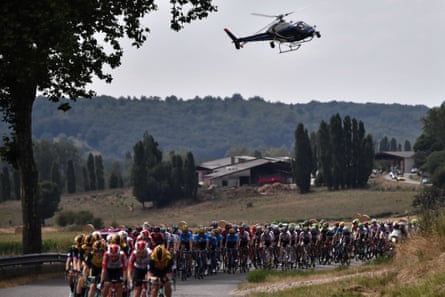
Photograph: Marco Bertorello/AFP/Getty Images
Why do those team members, just like fans, become addicted? “The drug analogy might not be the most diplomatic,” says Imlach. “It’s a three-week drama delivered in daily episodes. There’s the bigger overall picture, but every day you have a self-contained story. There are all sorts of layers and complexity but I think anybody can enjoy it.”
Imlach’s break came via an NFL assignment. “Mike Miller, Channel 4’s commissioning editor for sport in the 80s and 90s, gave me a job doing travelogue pieces on cities where NFL games were played. He said to Brian: ‘You should get somebody doing what Gary Imlach’s doing on the NFL.’
“Brian took him at his word. I’m not sure it was entirely popular because the highlights were only half an hour and it was mainly hardcore cycling fans watching. I don’t think they appreciated some ignoramus popping up with a piece about a fleet of motorised profiteroles in the publicity caravan.”
The Tour has had its share of scandals, including the British-branded version involving Team Sky and Bradley Wiggins. Considering how a complex saga developed over time, is there anything Imlach would do differently?
“Hard to tell without going back and double-checking everything,” he says. “Certainly there isn’t just one Sky story. There’s the story Sky told about themselves and there’s the story that leaked out around the edges. It leaked out after the fact, we addressed it after the fact, but, like everybody else, we didn’t get satisfactory answers out of the principals.
“Having declared this project of transparency, when it came to account for the discrepancies between what they’d said and some of the contradictory evidence that subsequently seeped out, Dave Brailsford never really did.” Brailsford denies wrongdoing and appeared at a 2016 Select Committee hearing.
There have been speedbumps on the way. It was Channel 4’s acquisition of Test cricket that prompted the move to ITV in 2001. Like Test cricket the world’s greatest bike race will soon move behind a paywall. The good news for cycling fans and Francophiles across the UK, though, is that Imlach and co have a final crack at it. When the race rolls out from Lille on 5 July, for one last time, sit back and enjoy the ride.

 2 months ago
77
2 months ago
77
